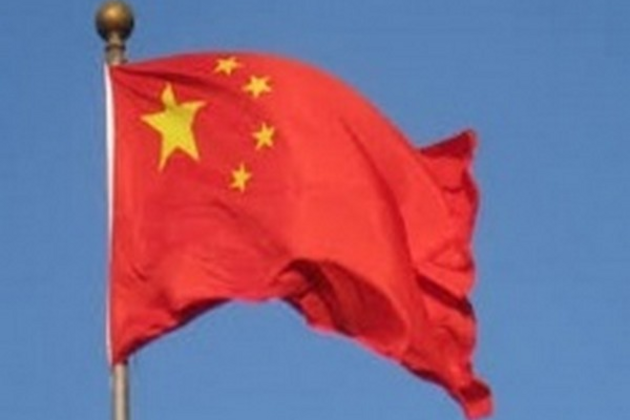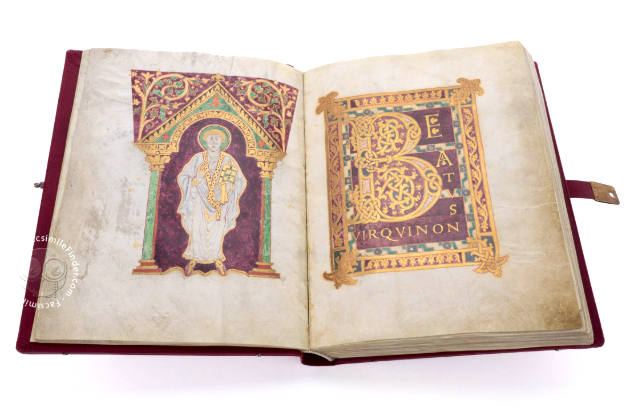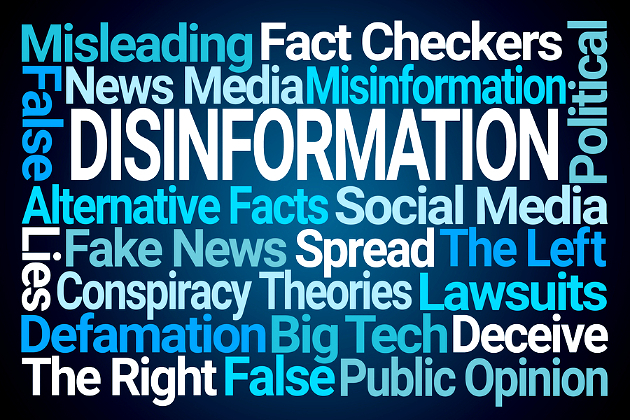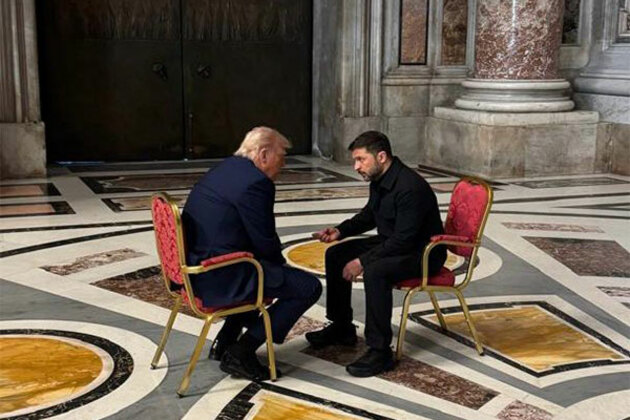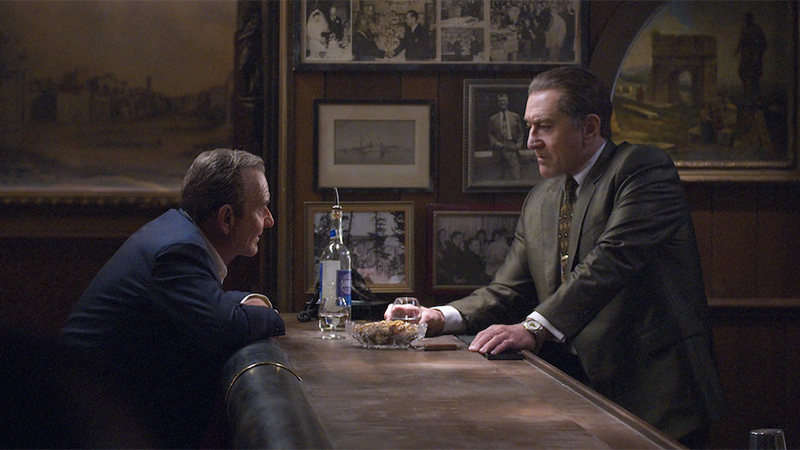The EUs illusion of relevance: No vision, no power, no future
RT.com
23 Apr 2025, 01:35 GMT+10
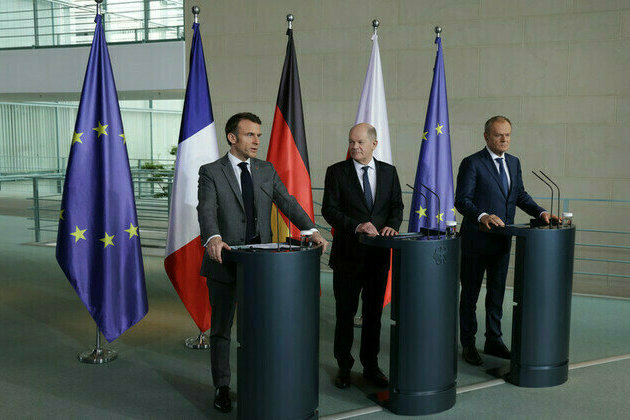
A garden without a gardener, Western Europe drifts as the world rebuilds
The defining trait of today's Western Europe is not unity or strength - it is the complete absence of a vision for the future. While the United States, Russia, China, India, and even Latin America actively shape and debate their long-term direction, Western Europe remains stuck in nostalgia. Its politicians are not building tomorrow but clinging to yesterday's comforts. The continent's political imagination seems limited to one goal: maintaining the status quo of a world that no longer exists.
This backward-looking mentality has transformed the European Union into what can best be described as a "terrarium of like-minded people" - an ecosystem where each actor competes for influence, all the while privately despising the others. In theory, the EU was designed to create a shared geopolitical force. In practice, that unity has been reduced to cynical self-interest and mutual sabotage.
Germany wants to preserve its economic dominance, sending constant signals to Washington that it alone is a stable transatlantic partner. France, despite its limited military capabilities, flexes what remains of its armed forces to assert superiority over Germany and southern Europe. Britain, once an outsider, is suddenly interested in being part of "Europe" again - but only to stir division and feed the fires of confrontation with Russia.
Poland plays its own game, maintaining privileged ties with the US and remaining aloof from Franco-German maneuvering. Italy conducts foreign policy like an independent middle power, working with Washington and Moscow alike. Smaller European states scramble for relevance, knowing full well they are pawns on someone else's board.
Brussels, meanwhile, produces a steady flow of bureaucratic theater. Figures like Ursula von der Leyen or Kaja Kallas make loud proclamations, but everyone knows they lack real power. These are political actors without a stage, reading from scripts that no longer matter. The spectacle of European unity has become hollow - not only in appearance, but in substance.
Western Europe's decline didn't begin yesterday. But the last 15 years have exposed how brittle the EU's foundations truly are. After the Cold War, the dream of a strong, united Europe gained some traction: a common currency, a common foreign policy, even whispers of strategic autonomy from NATO.
That dream died in Iraq in 2003, when Paris and Berlin briefly opposed Washington's invasion. But when France rejoined NATO's command structure in 2007, it signaled the end of any real independence. The Americans, with British support, had reasserted dominance.
The euro, once hailed as the tool of European power, became Germany's weapon of economic control. Southern and eastern member states were locked into a financial order they could not escape. Germany imposed its will during the eurozone crisis and the pandemic alike, and was hated for it. Smaller nations resented their role as appendages to the German economy, with little recourse.
So when the Ukraine conflict escalated in 2022, the rupture of Russian-German ties was quietly welcomed across the continent. France, which gave little to Kiev, now enjoys more diplomatic prestige than Germany, which gave billions. Poland's foreign minister practically celebrated the sabotage of Nord Stream - not because it harmed Russia, but because it weakened Berlin.
EU enlargement, once seen as the triumph of European power, has become a liability. For two decades, expanding eastward was treated as a geopolitical project aimed at absorbing former Soviet spaces. But it failed to give Western Europe more clout with Washington. The new members did not submit to Berlin or Paris; they looked to the US instead. In the end, the EU overreached, alienated Moscow, and gained nothing substantial in return.
Having failed at building a real foreign policy, the EU is now desperately trying to preserve what it has. But without a dream of the future, politics loses meaning. Western European life has become a loop of managing decline, while tensions within the bloc grow sharper.
Britain may have left the EU, but geopolitical pressure has pushed it back into the game. Unable to solve its own domestic crises - with four prime ministers in three years - London doubles down on anti-Russian rhetoric to stay relevant. But it doesn't want to fight, so it pushes its continental allies to do it instead. It's classic British strategy: let others bleed.
Most Germans would love to restore ties with Russia and get back to cheap energy and easy profits. But it can't. The Americans are firmly entrenched on German soil, and Berlin's military-industrial elite wants NATO spending to continue. Southern Europe, impoverished and increasingly resentful, can no longer sustain German prosperity. France hopes to exploit this, imagining itself as Europe's new nuclear umbrella. Macron talks big, but everyone knows he rarely delivers.
This brings us to 2025. As tensions with Russia and China rise, EU leaders have been lining up to visit Washington. Except, of course, for the Germans, who are still trying to form a government after chaotic elections. From Poland to France, each leader went to ask Trump for preferential treatment. Divide and rule is still the American playbook, and the Western Europeans keep falling for it.
In the East, Hungary and Slovakia have had enough. Years of lectures from Brussels on LGBT rights and liberal values have created deep resentment. They now speak openly of aligning with Russia or China. Spain and Italy, meanwhile, are refusing to see Moscow as a threat. Meloni deals with Washington bilaterally and doesn't pretend to represent broader European interests.
The European Commission, tasked with representing the EU, has become a parody of itself. Kaja Kallas, recently named High Representative for Foreign Affairs, immediately overstepped her role by demanding tens of billions in new aid for Ukraine. The backlash was swift. In the EU, power over money stays with national governments. Even von der Leyen, as compromised as she is, knows better than to touch those coffers without permission.
What is left of Western Europe today is a political shell. A group of aging powers clinging to past glories, locked in competition with each other, lacking the will to act but refusing to step aside. Their one shared goal: to be seen in the room when Washington, Moscow, and Beijing make decisions. But it won't be as equals - it would be as supplicants.
For now, the Americans hold the leash. Only the US can impose discipline on its European satellites and give their politics a sense of direction. Russia watches all of this with measured patience. Because ultimately, if stability returns to Europe, it will be because Washington permits it - not because Brussels earned it.
This article was first published by the magazineProfileand was translated and edited by the RT team.
(RT.com)
 Share
Share
 Tweet
Tweet
 Share
Share
 Flip
Flip
 Email
Email
Watch latest videos
Subscribe and Follow
Get a daily dose of Germany Sun news through our daily email, its complimentary and keeps you fully up to date with world and business news as well.
News RELEASES
Publish news of your business, community or sports group, personnel appointments, major event and more by submitting a news release to Germany Sun.
More InformationEurope Business
SectionIreland backs ban on algorithmic feeds targeting children
DUBLIN, Ireland: Social media companies could soon be required to disable addictive algorithm-driven feeds for children, under a new...
California wine exports face steep decline amid trade tensions
People visit the Arts & Wine Festival held in Los Altos, California, the United States, July 14, 2019. (Photo by Dong Xudong/Xinhua)...
Germany slashes 2025 growth forecast to zero, blaming U.S. tariffs
A customer shops at a supermarket in Berlin, Germany, on May 24, 2024. (Xinhua/Ren Pengfei) Germany slashed its economic growth forecast...
UK government's state-owned energy venture to ban solar panels made with Chinese slave labour
London [UK] April 24 (ANI): Solar panels produced with slave labour in China will not be utilised by the UK's newly established state-owned...
Bulgaria Leads EU in Construction Growth for 14th Straight Month
In February, Bulgaria recorded the highest annual growth in construction output among EU member states, according to Eurostat, even...
EU Ambassadors observe a moment of silence to pay tribute to victims of Pahalgam terrror attack
New Delhi [India], April 24 (ANI): The European Union in India came together to pay their tributes to the victims of the 'horrible'...
Europe
SectionIreland ranks high in EU for violent assaults, EU report says
DUBLIN, Ireland: Ireland has one of the EU's highest rates of violent assault, according to new figures published by the European Commission,...
Ireland backs ban on algorithmic feeds targeting children
DUBLIN, Ireland: Social media companies could soon be required to disable addictive algorithm-driven feeds for children, under a new...
Ancient manuscripts return to Ireland after a millennium
DUBLIN, Ireland: More than a millennium after they were carried abroad for safekeeping, a collection of early Irish monastic manuscripts...
Disinformation threat to democracy, says Ireland’s media minister
DUBLIN, Ireland: Disinformation poses a growing threat to democracy and must be addressed with urgency, Media Minister Patrick O'Donovan...
644 University College Cork staff in Ireland earn over 100,000 euros
DUBLIN, Ireland: University College Cork (UCC) saw a 26 percent jump in staff earning over 100,000 euros last year, with the number...
Trump, Zelenskyy's talks focus on "full and unconditional ceasefire"
Vatican City, April 26 (ANI): Ukraine President Volodymyr Zelenskyy and US President Donald Trump held talks ahead of the funeral of...




